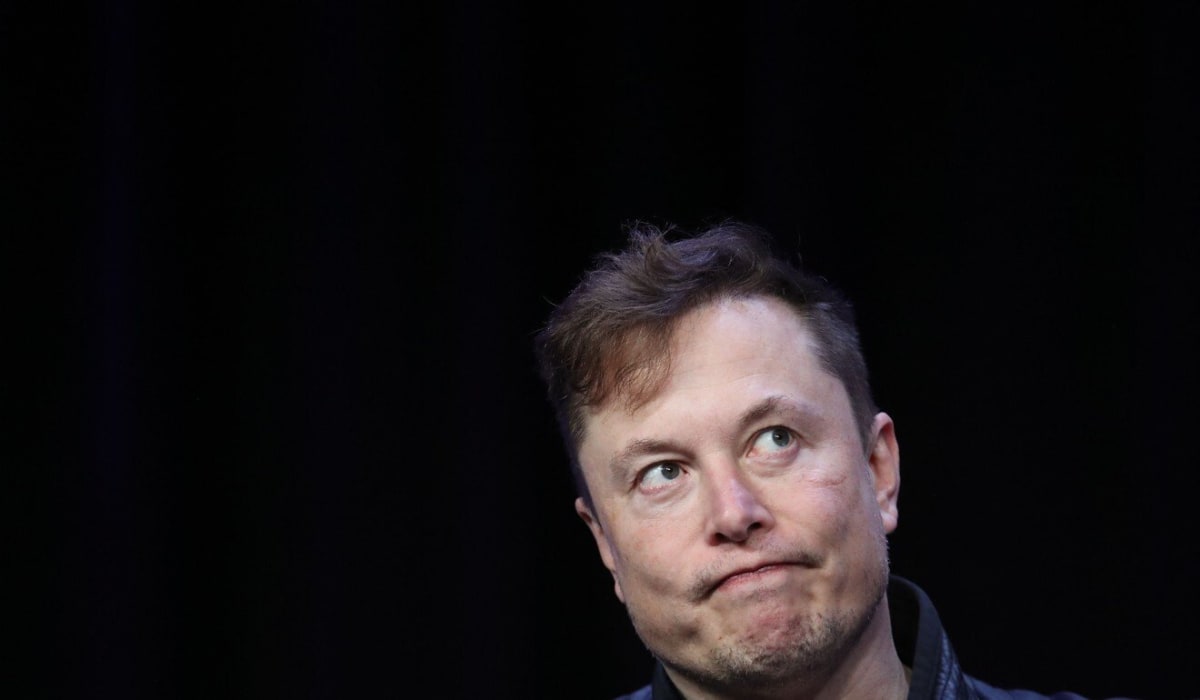
Elon Musk is going after another tech giant.
This time it's against Microsoft, the software giant co-founded by Bill Gates and Paul Allen.
The billionaire, who sees himself as a maverick, likes to take on his tech peers.
An example: last year, he declared war on Apple (AAPL) by challenging the 30% fee that the maker of the iPad and the Apple Watch charges to in-app sales and purchases. As the new owner of Twitter, the billionaire felt that this commission was too high. He also felt that it was eating away at the platform's revenue, when he was trying to increase the share of subscriptions, to reduce the social network's dependence on advertising revenue.
To force Apple's hand, Musk had deployed a strategy of presenting the Cupertino, Calif.-based giant as an enemy of free speech, in order to rally conservatives to his cause. Musk believes that big tech has a democratic bias and therefore pushes a progressive agenda to the detriment of conservative values.
Two days after the attacks, Apple and Musk made peace.
ChatGPT Is a Game Changer
It is difficult to predict whether the new confrontation he has just started with Microsoft will end so quickly. The Techno King, as he's known at Tesla TSLA, denounces control of the OpenAI by Microsoft (MSFT), which has invested more than $10 billion in the startup, valuing the company at more than $29 billion. This investment made Microsoft the largest shareholder in OpenAI and gave it access to the advances made by the startup in artificial intelligence (AI).
One of OpenAI's great success stories is ChatGPT, a conversational chatbot that won over the general public around the world, when it was launched at the end of November. ChatGPT ended up convincing the skeptics that AI was a revolutionary technology. Satya Nadella, CEO of Microsoft, even speaks of a "paradigm shift." There will be a before and after ChatGPT, experts say.
ChatGPT completely disrupted the search engine industry dominated so far by Google of Alphabet. The big change is that now, when consumers submit their queries using Bing, they will receive exact answers to the questions asked, instead of the current collection of links. Up to now, a user has had to scan the links and click on the ones that most likely would answer the question posed.
The robot can also perform extremely complex tasks such as writing a book, for example. After its big investment in OpenAI, Microsoft immediately incorporated ChatGPT features into its Bing search engine.
Last week, the Redmond, Wash. group said that the technology -- the large language model -- which powers ChatGPT, will be added to its Microsoft 365 business software. This new Microsoft 365 is called CoPilot and will be integrated into Word, Excel, PowerPoint, and Outlook.
CoPilot can summarize the key discussion points of a conversation held on the Teams meeting software and provide recaps for someone who joins late or misses the whole event. It can create PowerPoint presentations, including images, and can draft emails and analyze long email threads and documents.
"Today marks the next major step in the evolution of how we interact with computing, which will fundamentally change the way we work and unlock a new wave of productivity growth,” Nadella said.
Musk Takes on Microsoft
Musk does not like to see Microsoft turning the efforts of OpenAI, a startup in which he was an early investor, into a big source of revenue and profit. For the billionaire, the startup had to remain a non-profit on which most people, companies and researchers, interested in AI, could rely.
He just escalated the attacks on Microsoft. What started out as a spat has now turned into a real war strategy. The billionaire has just published a series of tweets very critical of the tech giant and its quest for profits via OpenAI.
"As part of their investment, Microsoft gained exclusive access to the entire OpenAI codebase," Musk blasted out on March 23.
"Not everything," commented a Twitter user.
"ChatGPT is entirely housed within Microsoft Azure," the billionaire replied, referring to the company's cloud services. "When push comes to shove, they have everything, including the model weights."
Microsoft didn't immediately respond to a request for comment.
The tech mogul later seized on a Tesla board member's comment to point out that OpenAI should remain a non-profit and not a revenue stream for a single company.
"I had always regarded OpenAI as non profit. How it changed and fell under business ownership?" investor Hiro Mizuno, who has been a member of the Tesla board since 2020, asked.
"Good question. It somehow transitioned from an open source non-profit to a closed source for-profit," Musk lamented.
'Ruthless Corporate Monopoly'
Musk also later gave an update on his ties with OpenAI.
"Aren't you an investor in OpenAI?" journalist Katherine Brodsky asked him.
"I donated the first $100M to OpenAI when it was a non-profit, but have no ownership or control," the billionaire responded.
Musk, who has been warning of the dangers of AI for several months, ended his review of Microsoft with a warning.
"Sure would be ironic if civilization ended because of a fight over browser/search market share," the billionaire warned.
But he added: "I’m sure it will be fine."
This last statement is accompanied by a meme whose text is: "Me realizing Al, the most powerful tool that mankind has ever created, is now in the hands of a ruthless corporate monopoly."







